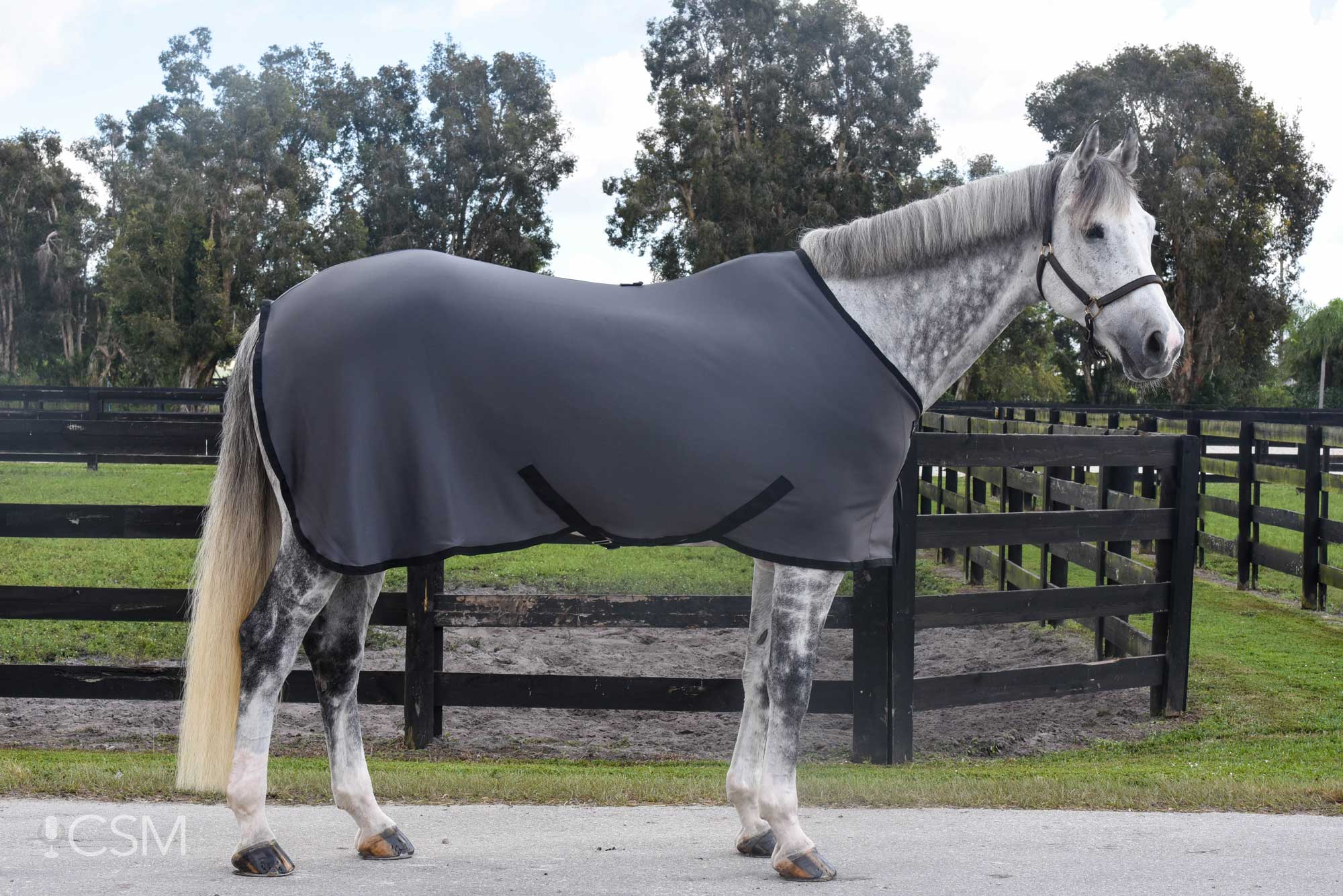
How to Get Rid of Horse Lice? A Shocking and Terrific Guide
Share
As a health-conscious pet owner, you know how important it is to keep your beloved horse safe and healthy. One of the most troublesome concerns for horse owners is dealing with parasites, specifically, horse lice. In this article, we will cover everything you need to know about how to get rid of horse lice effectively. This startling yet informative guide aims to help you take swift action against these irritating pests.
Horse lice can create discomfort for your equine friend, and if not addressed quickly, they can lead to serious health exacerbations. So, let's dive in and unravel the mystery behind treating and preventing these unwanted visitors.

Understanding Horse Lice
Before we explore how to get rid of horse lice, its crucial to understand what they are and how they affect your horse. Horse lice are small, wingless insects that feed on the blood of your horse. There are two types: biting lice and sucking lice. Biting lice primarily feed on skin debris, while sucking lice attach themselves to the skin and consume blood, which can lead to anemia.
The presence of lice is often indicated by excessive scratching, hair loss, and skin irritation. It is essential to act quickly if your horse exhibits these signs.
Identifying Horse Lice
To treat horse lice effectively, you must first identify the problem accurately. Here are some common signs to look for:
- Itching and scratching: Horses will often be seen rubbing their bodies against fences or trees.
- Hair loss: Noticeable patches of missing hair can indicate lice infestation.
- Skin infections: Wounds due to scratching can lead to additional skin infections.
- Visible lice: While small, lice can sometimes be seen crawling through the horse's mane or tail.
How to Get Rid of Horse Lice
Step 1: Isolate the Affected Horse
If you suspect that one of your horses has lice, isolate them from the rest of your herd immediately. This will help prevent the spread of the lice and ensure that all necessary treatments can be applied without interference.
Step 2: Consult Your Veterinarian
Before applying treatments, consult your veterinarian for guidance tailored to your horse's specific condition. They may recommend some effective products that work best in your area.
Step 3: Use Approved Treatments
There are several effective treatments available for horse lice. These can include:
- **Pour-on insecticides:** These topical solutions are easy to use and effective in eliminating lice.
- **Sprays:** A good quality insecticide spray can help in treating lice infestations.
- **Dusts:** Dust insecticides can work well, especially in hard-to-reach areas.
Be sure to follow the instructions on the packaging and observe any specific waiting periods before allowing your horse back into contact with other animals.
Step 4: Cleaning and Disinfecting
While treating your horse, it's essential to clean and disinfect their living quarters. Hair and debris can harbor lice, so clean the stalls, mats, and brushes thoroughly.
Step 5: Regularly Monitor Your Horse's Health
After treatment, it is crucial to monitor your horse frequently for signs of lice returning. Regular grooming and inspections can help catch any re-infestations before they exacerbate.
Prevention: Keeping Your Horse Lice-Free
1. Maintain Proper Grooming
Regular grooming helps with circulation and allows you to inspect your horse for any signs of pests. A clean horse is less likely to attract unwanted guests.
2. Keep Living Areas Clean
Regularly clean your horse's living area to prevent lice and other parasites from taking up residence.
3. Quarantine New Additions
Whenever you bring in a new horse, keep it isolated for at least two weeks to monitor for any health issues, including lice.
4. Consult a Veterinarian for Regular Checkups
Regular veterinary visits ensure your horse is healthy and up to date on any vaccinations or parasite prevention protocols.

FAQs
1. How do I know if my horse has lice?
Look for signs such as excessive itching, hair loss, and visible lice in their mane or tail.
2. Can I use products meant for other animals on my horse?
No, always use products specifically formulated for horses. Consult with your veterinarian for recommendations.
3. How long does it take to get rid of horse lice?
With the right treatment, you should see results within a week. However, continue monitoring to ensure they do not return.
For additional information about your horses care, you might find our guide on breaking in a horse helpful. If youre tackling other pests, check out how to deter horse flies as well. When considering health treats, take a moment to learn how to make horse treats.
As an Amazon Associate, I earn from qualifying purchases.
